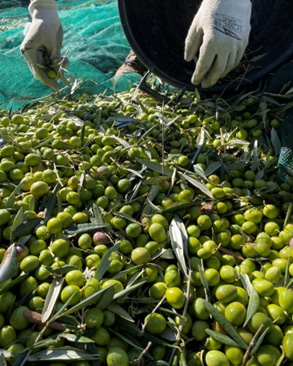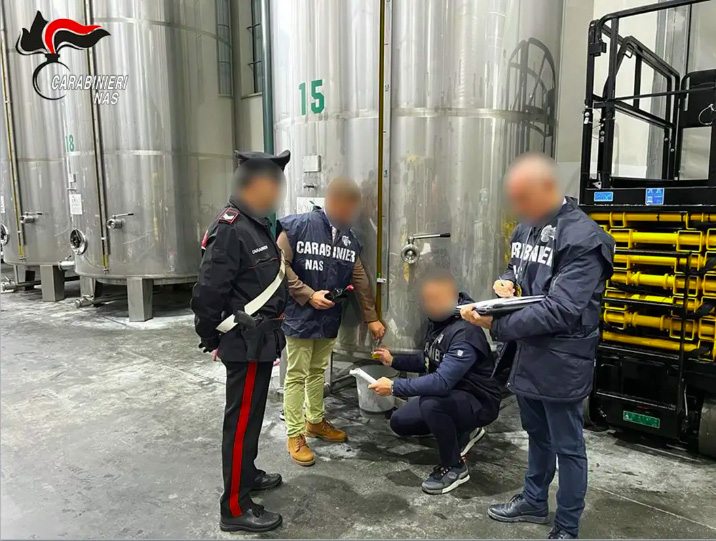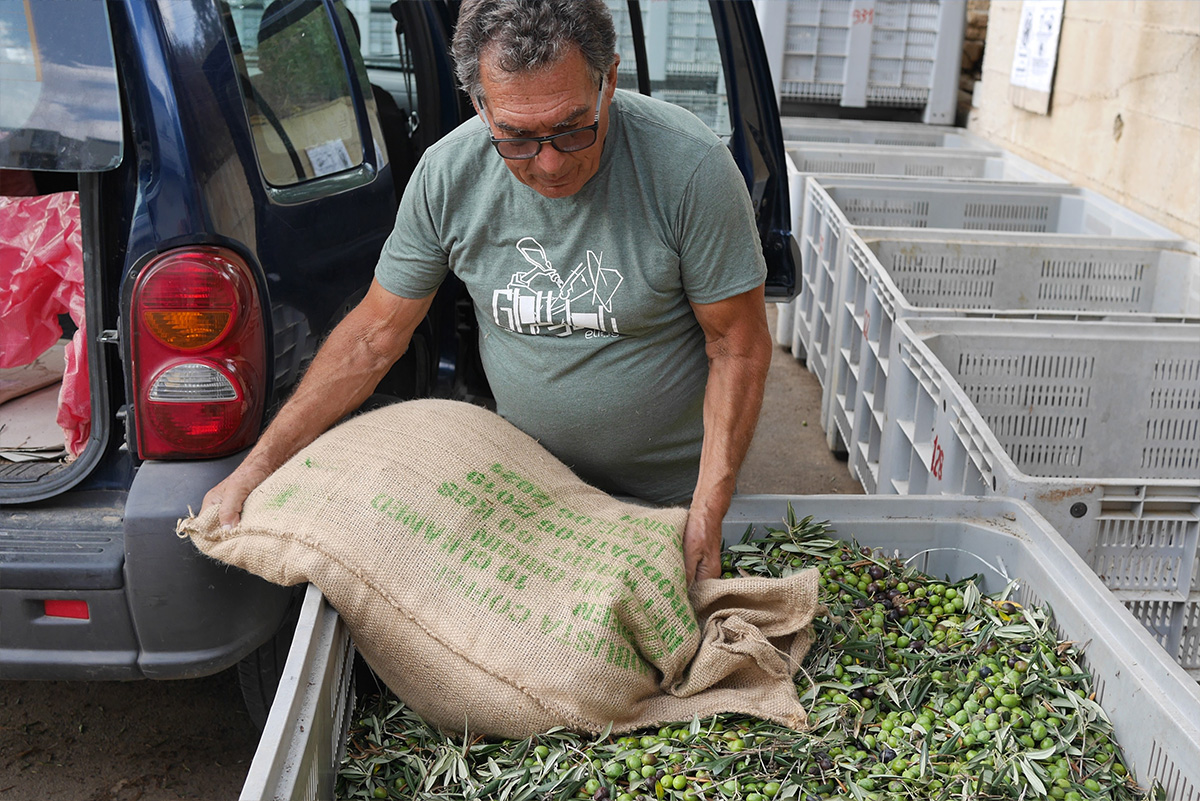Many olive oil producers claim that the rising price of olive oil is solely due to supply and demand, but there are several complex factors at play. The soaring prices you see are a result of global shortages, increased production costs, and climate change – and it’s all adding up. The latest data shows that the price of olive oil has increased by as much as 50% since the start of 2024.
According to Coldiretti (the association representing Italian farmers), Mediterranean olive oil production in 2023 was down by as much as 41%. Olive groves across Europe experienced the hottest summer on record and because of these extreme temperatures, farmers all over the Mediterranean experienced a devastatingly poor harvest.
Italy in particular experienced erratic and extreme weather conditions throughout the year, from floods in the north to droughts and devastating wildfires in the southern regions.
Climate
Farmers around the world have long dealt with unpredictable weather, but they could typically count on the consistency of the seasons. Now even these seasonal changes are becoming erratic.
‘In the early years of developing Bestagno groves, I could count on what the weather would bring. By the end of January, you would see the first hints of Spring on the groves, and whilst the snowcapped alpine peaks behind our valley brought cold night air, when the sun was up, the earth started to warm and new growth appeared. You knew which weeks would bring rain, which would be dry and soon I had learned the change of the seasons to the week, knowing when to keep an eye out for the first gecko to wake and bask in the sun, the first swallow to swoop through the valley and the first firefly to buzz around the groves at dusk. But during these latter years everything has changed, and it is not just us humans who are trying to make sense of the changing environment.' - Katharine, Bestango Groves.
The olive tree follows its annual life cycle from bud to harvest, a process heavily reliant on favourable weather conditions. When the weather aligns with the tree’s seasonal requirements, farmers can expect a bountiful harvest. But unseasonably warm springs can trigger premature budding, only to be thwarted by a late frost. Insufficient rainfall during the autumn months can cause the fruit to wither and drop prematurely from the branches, and heavy rains or hailstorms can strip the trees of their precious fruit right before the harvest. The olive harvest happens just once a year and there are no second chances for our farmers.
The growing occurrence and intensity of extreme weather events pose a threat to present harvests and have enduring consequences for the viability of olive cultivation. As weather patterns become more unpredictable, farmers need to adjust their approaches and discover creative methods to safeguard their crops and means of living.
These changing weather patterns also have implications for food security and global agricultural production.
‘The entire agricultural sector has been in crisis for a long time.’ – Agnese, Nonno Tato Grove
On a small-scale farm, the production of olive oil is labour-intensive.
On a small-scale grove, each olive is harvested and sorted by hand. For farmers whose groves are in hilly regions, the olives need to be carried down the terraces since vehicles and machines cannot access the trees. This laborious task has resulted in a shortage of available workers as young people in rural Italy continue to migrate to urban areas in pursuit of more lucrative and stable employment opportunities.

A farmer on Barone Pastore, sorting the olives.
Food Fraud
Where there is potential for profit, there will inevitably be individuals looking to exploit it.
Last December, Spanish and Italian law enforcement agencies conducted a joint operation resulting in the apprehension of 11 suspects. During this operation, 260,000 litres of adulterated oil were seized in Spain.
‘Mixing consumer-grade olive oil with lower grade alternatives allowed the criminals to offer competitive prices while entering legal supply chains. This illegal practice cannot just cause a public health risk but also undermine consumer trust and thus have further economic repercussions,’ a statement from Europol read.
This is just one example of many similar incidents. The individuals will heavily dilute olive oil with refined seed oils, mixing in colourants such as chlorophyll to mimic the colour of true extra virgin olive oil.
Scarcities have resulted in an increase in theft. There have been accounts of people cutting whole branches from trees in Greece, as well as incidents in Puglia where trespassers have invaded groves to harvest olives directly from the trees, transporting them to different locations to be pressed into olive oil. This crisis is causing hardships for the farmers, with the head of the agricultural consortium in Puglia comparing the lawlessness to that of 'the Wild West'.

Photo from Europol
Demand
All of this is happening at the same time as an increased worldwide interest in the remarkable health benefits of extra virgin olive oil. The popularity of the Mediterranean diet is steadily increasing and as people shift their attention to their health, there is a growing curiosity about the nutritional content of our food.
Not only is EVOO delicious, but it has been scientifically proven to offer numerous health benefits. Research continues to surprise us with the benefits of this magical elixir.
What is Nudo doing about it?
Nudo Adopt works closely with our trusted, small-scale producers, purchasing their extra virgin olive oil at a fair price.
We continue to work hard to absorb the impact of price hikes and are dedicated to exploring every avenue to maintain affordability for our customers.
Here are the steps we are taking:
- Transitioning our subscription packaging from printed to plain card.
- Transitioned to using labelled cans rather than tins with printed aluminium for our packaging.
- Switched to an alternative E-commerce system to lower platform expenses.
- Moved to a different distribution hub in the United States to cut our distribution costs.
- Continuing to explore every avenue to cut our distribution costs.
- QR codes have been incorporated into our packaging as a measure to decrease the amount of paper waste and minimize printing expenses.

